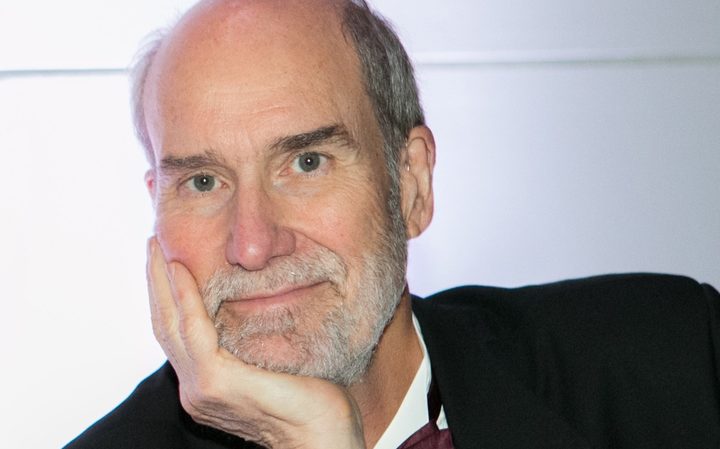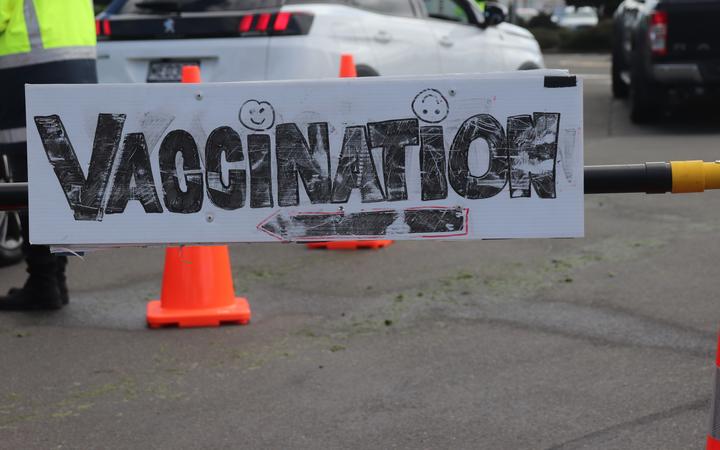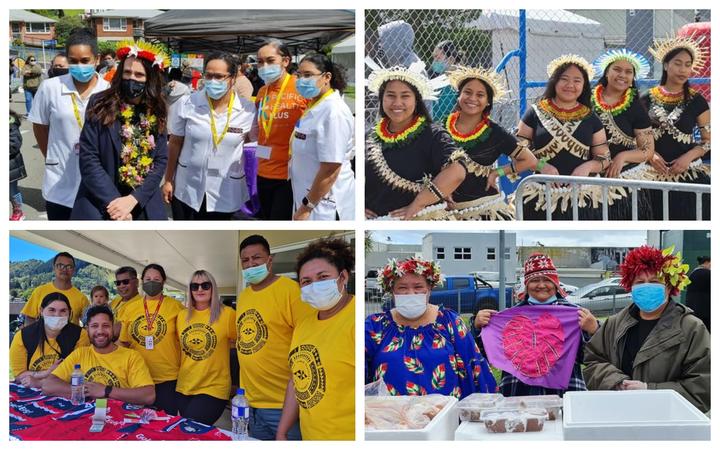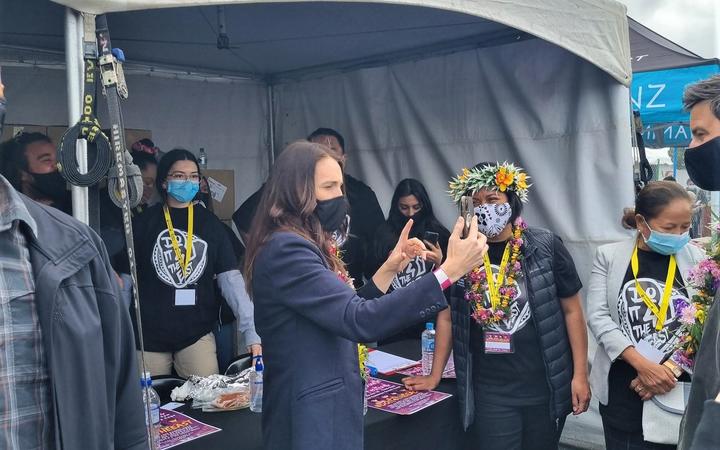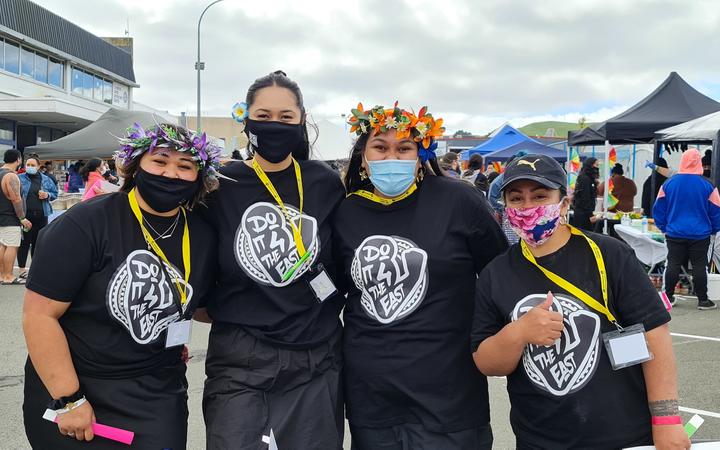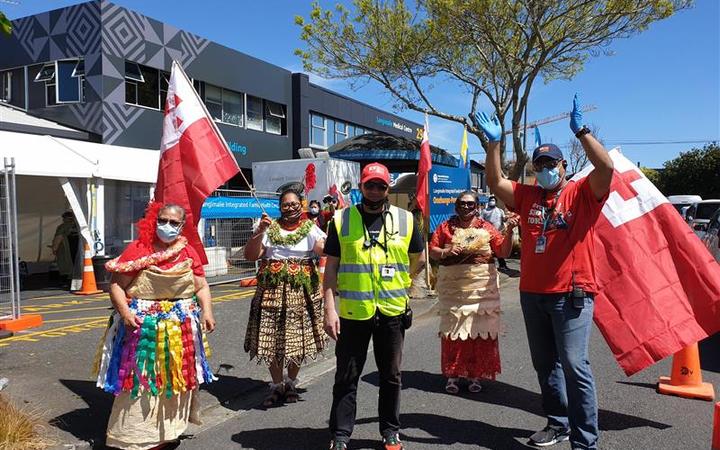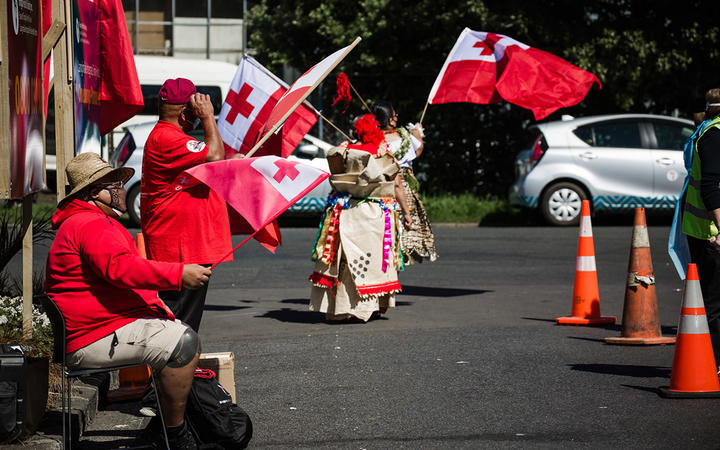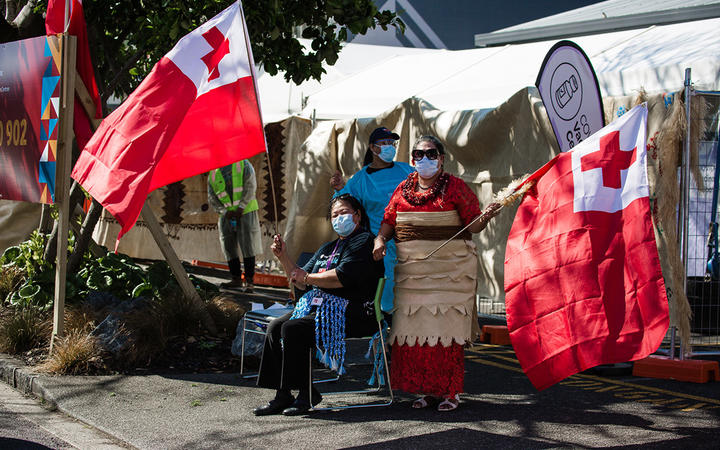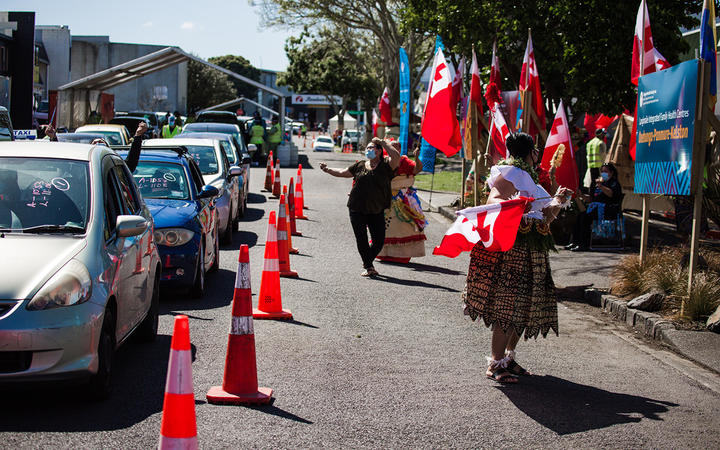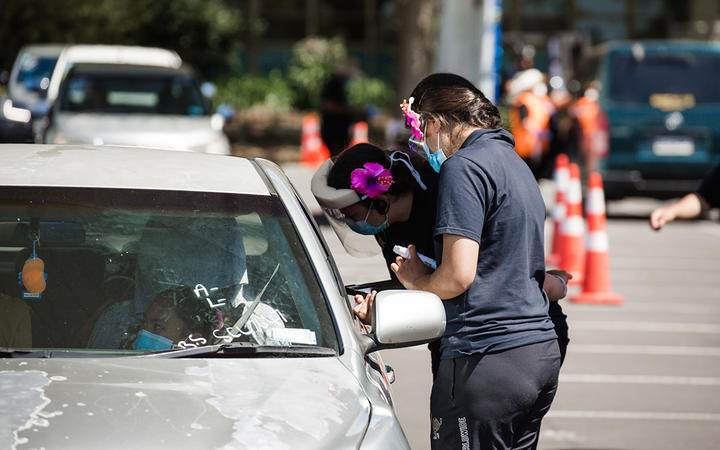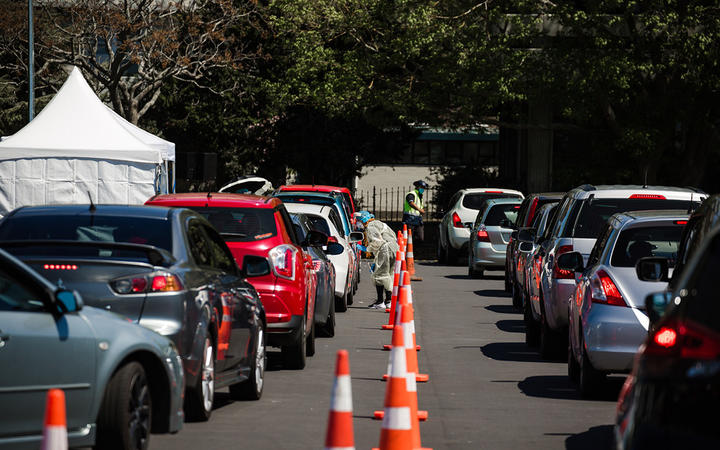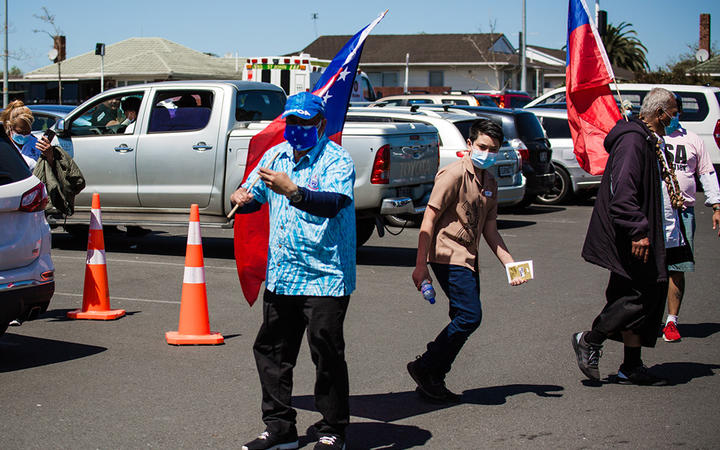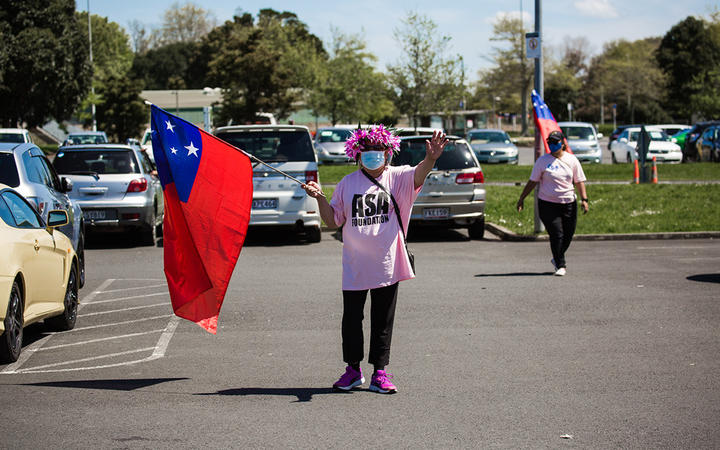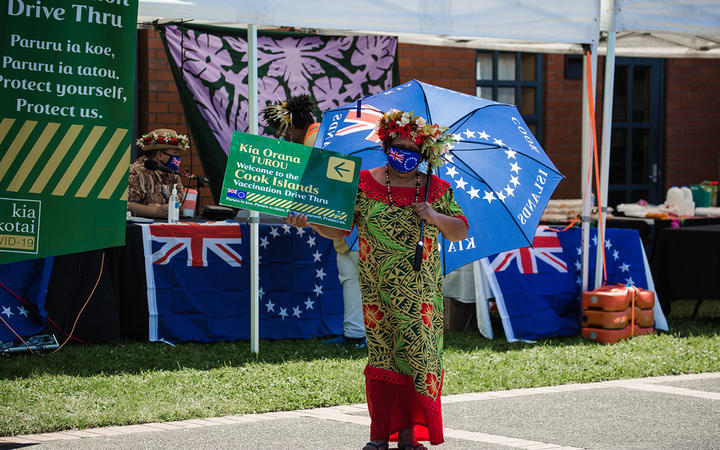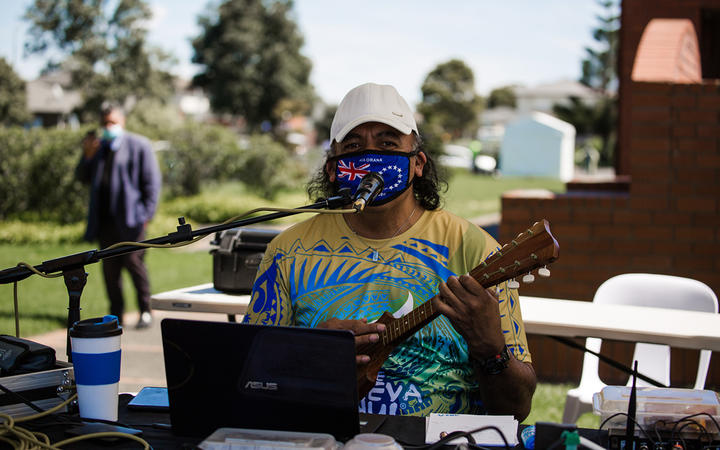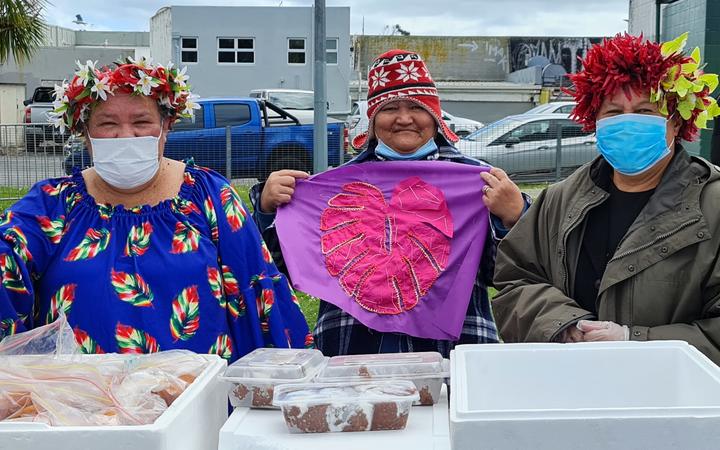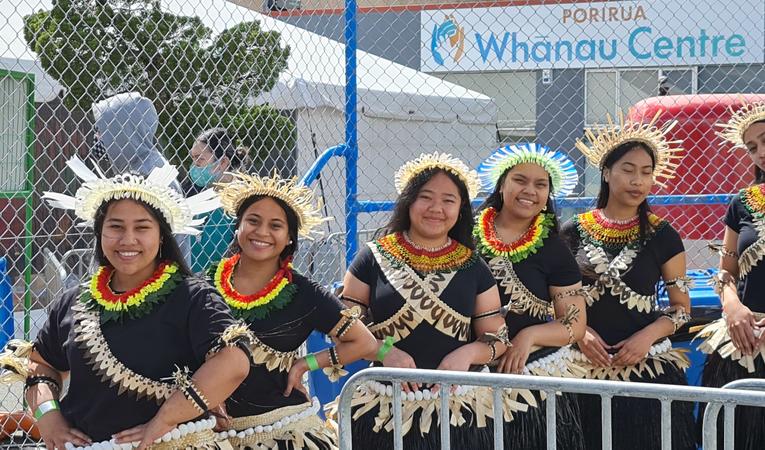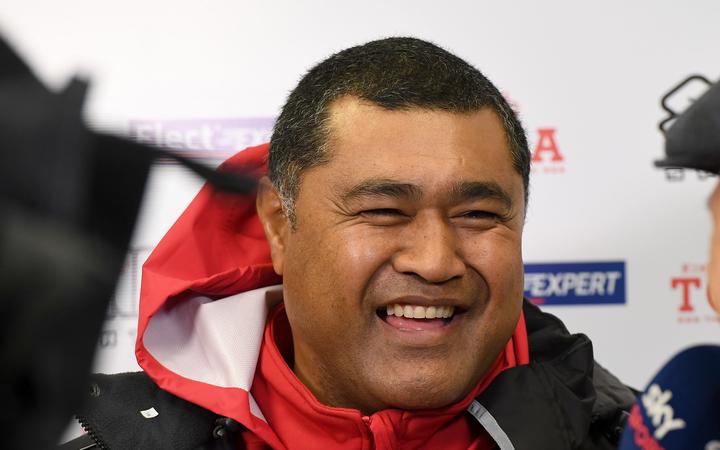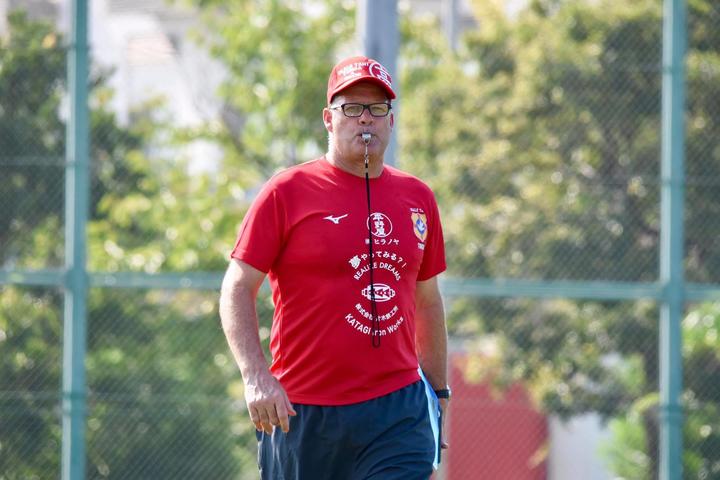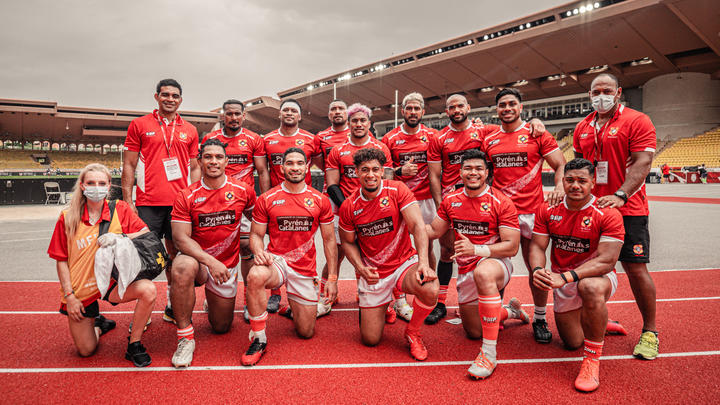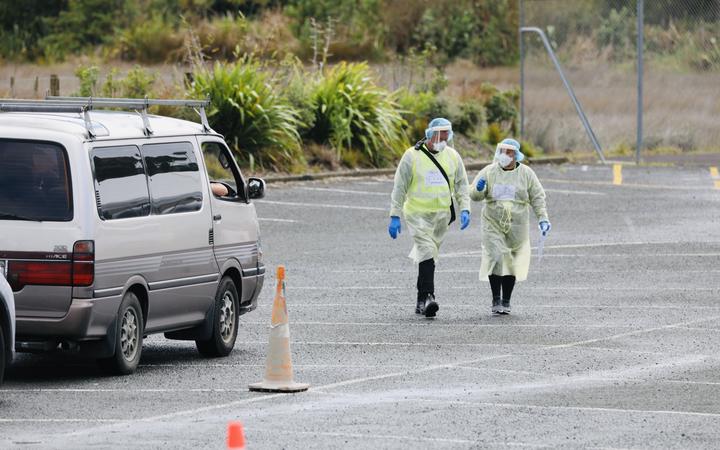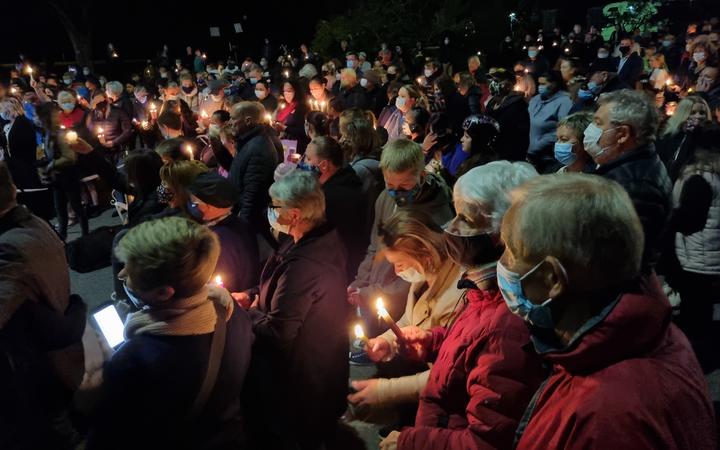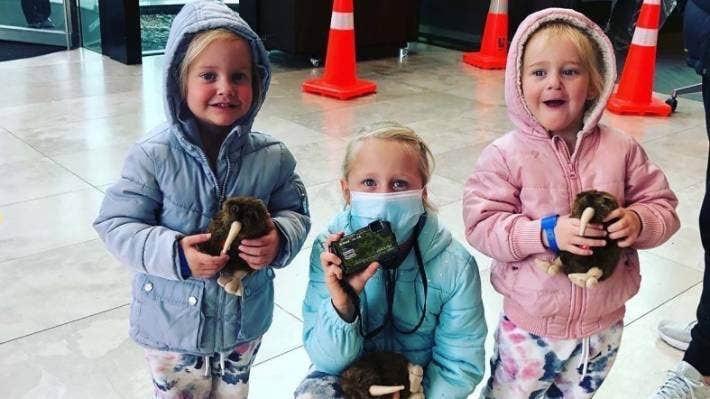By
As Aucklanders begin to meet up with family and friends outside, vaccinated people are having to decide if they want to see people who aren’t, leading to some new conversations.
It is a decision other people in New Zealand will also have to make if – and more widely suspected, when – Delta reaches them (if they haven’t decided already).
While people around the world have been confronted with these choices for some time, for most of us in New Zealand, it is the first time we are having to make these decisions.
Will I see my family and friends if they are not vaccinated? Will I go to a social gathering if people there might not be vaccinated?
Some people are taking to social media to declare their decisions or ask for advice: Some are wondering if they should let anti-vax family members visit their homes, some are questioning if they should send their children to school camp, some are declaring their wedding will now only be for people who are vaccinated, some say they’ve had to let go of their cleaner, while others are offering small jobs around their homes – but only if you’ve had two jabs.
Sisilia Eteuati has decided to only get together with people who are vaccinated. The Auckland lawyer lives with her parents, another family member, and her two children and niece who are too young to get the vaccine.
“We feel very clear about the importance of vaccination to protect all New Zealanders particularly Māori and Pasifika populations who have statistically worse health outcomes,” Eteuati said.
“We have recently met outdoor masked with a very small number of others and have chosen to do this with people I know are vaccinated and pro vaccination.”
Early case makes a stand
Jenene Crossan was one of the first people in New Zealand to have Covid-19, which was detected after she returned from overseas in March last year. She lives with her mum, who is unwell, and there are two others in the household who are immunocompromised, including herself.
Crossan’s family collectively decided they would not be seeing people who were not vaccinated and communicated their rationale “empathetically” to other family, friends and contacts.
“It’s a tough decision to make because I have friends who aren’t [vaccinated]. I have tried a lot of alternative therapies to try and get my immune system back on track and a number of those providers are choosing not to and unfortunately I won’t be able to see them and it makes me sad, because they’ve been great, but I can’t put myself and my family at risk at the moment.”
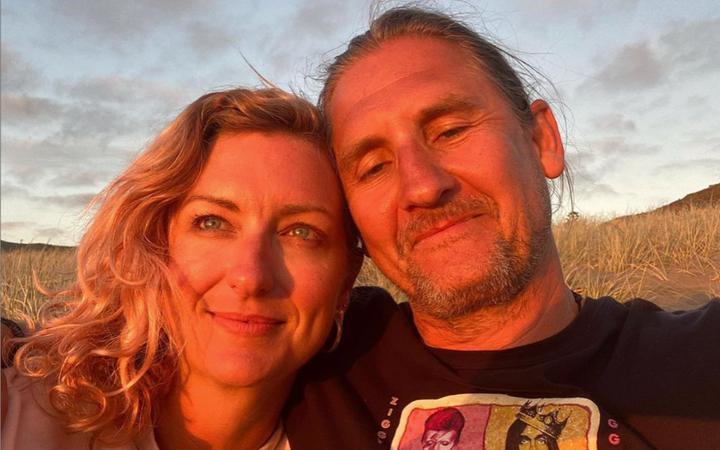
Aucklander Harjeet Chatha is the president of a Catholic bowling club and also organises monthly bowling events for a Meetup social group. She said she made the decision that from now on only people who are vaccinated will be able to attend, and she communicated this to members.
“I said ‘please ensure you’re vaccinated’ because I felt people needed to know.
“A lot of people I know said they want to come only if others have been vaccinated.”
The note on the social group’s Meetup page didn’t go down well with one member, who left as a result.
For Crossan, the feedback has been mostly positive.
Some responded to her message explaining why they weren’t getting vaccinated, two said they wouldn’t be, and some described why they were hesitant. Crossan directed one to some resources, and they ended up getting their first dose.
Share reasons for decision – psychologist
Health psychologist and The Workshop co-director Dr Jess Berentson-Shaw said these conversations provide an opportunity to encourage those who are not vaccinated to get their vaccine.
“For some people it does freak them out before, but what we know from research, is when people you trust and who you share either a lived experience or a clear value set with, when they recommend you get vaccinated, people are a lot more likely to get vaccinated.”
People first need to decide for themselves or as a group, about the sort of risk they are willing to take.
“And there’s a little bit of weighing up ‘am I prepared to take the risk I might get Delta or am I just going to have a hardline no, we’re a fully vaccinated sort of situation here’.”
Then they need to convey to people the reason behind their decision.
“That you’ve made that decision from a values-basis, not a kind of like ‘we think you’re bad, we’re making a judgement about you, we think you’re wrong’. It’s very much ‘this is about me and this is about what I value and for all of these reasons I’ve decided that we won’t [be with] people who are not vaccinated. You 100 percent can make your own decisions, I’m not making any judgement call on that. This is what I value and this is what matters to me and this is the decision I’ve made’.”
While we’re now in the “crunchy period”, Berentson-Shaw believes this time will be relatively short-lived.
“Once people are vaccinated and we’ve got those numbers up we’ll have some shared knowledge and shared experience and understanding of about how to have some of these hard conversations in the future.”


